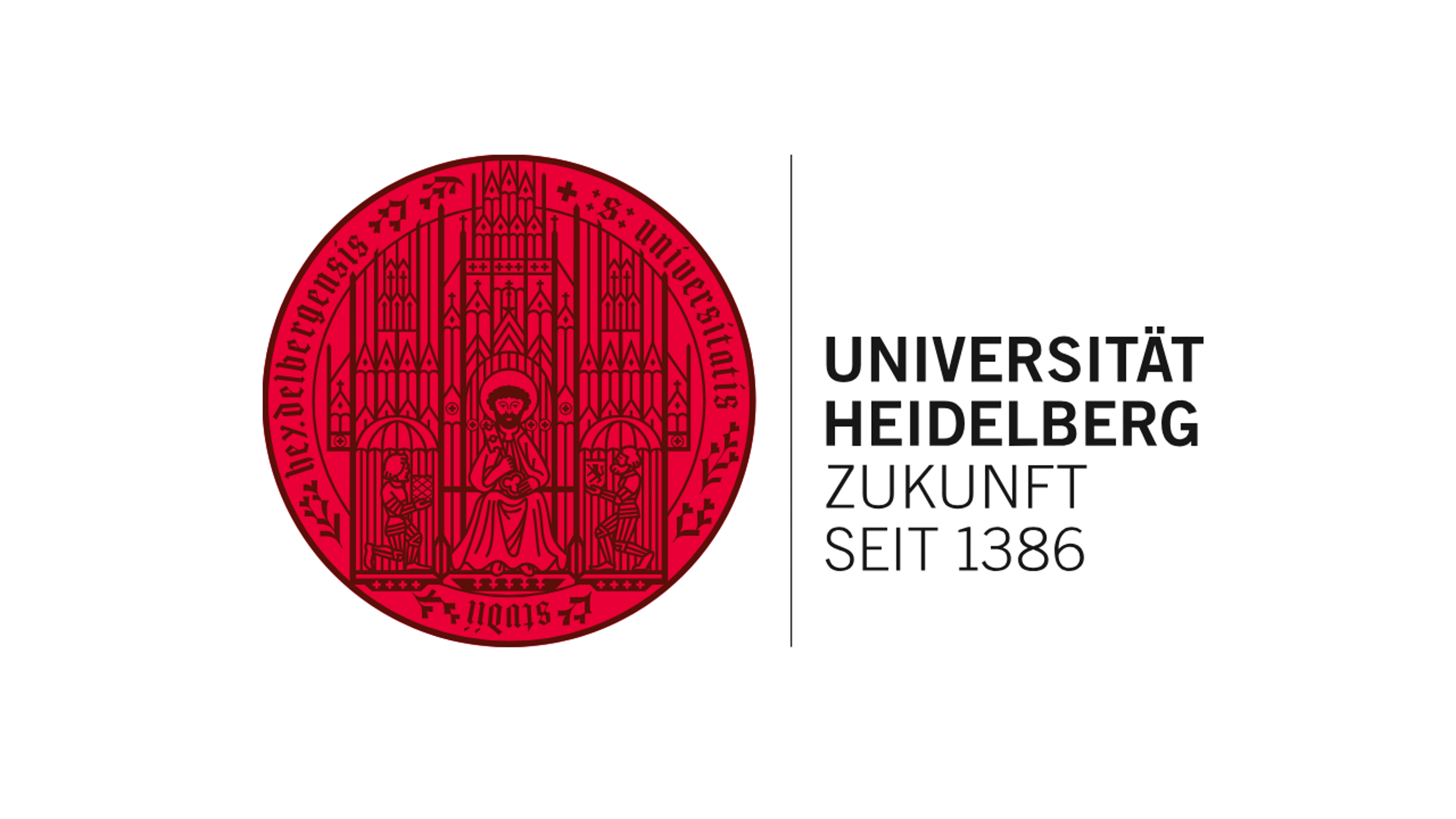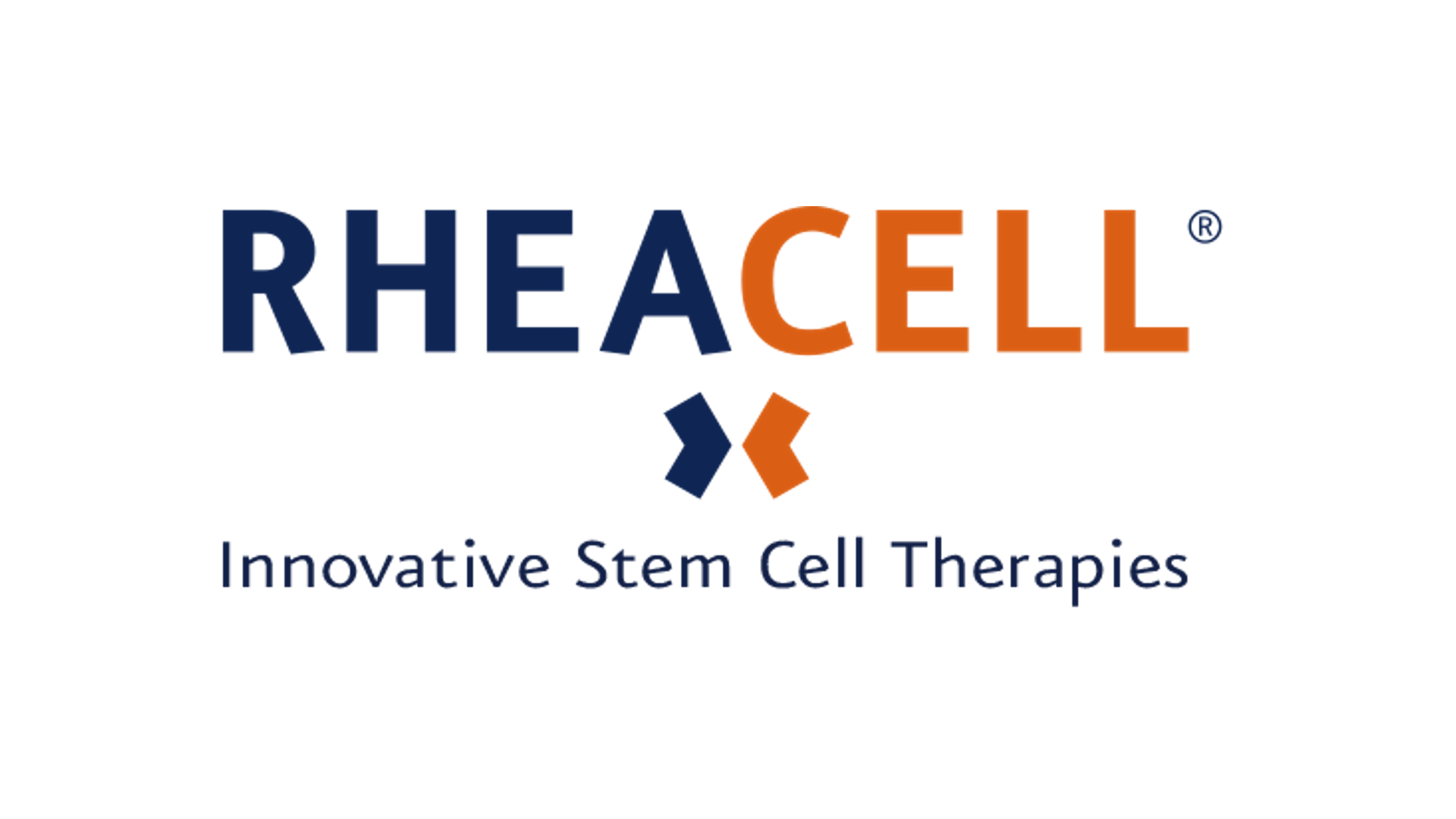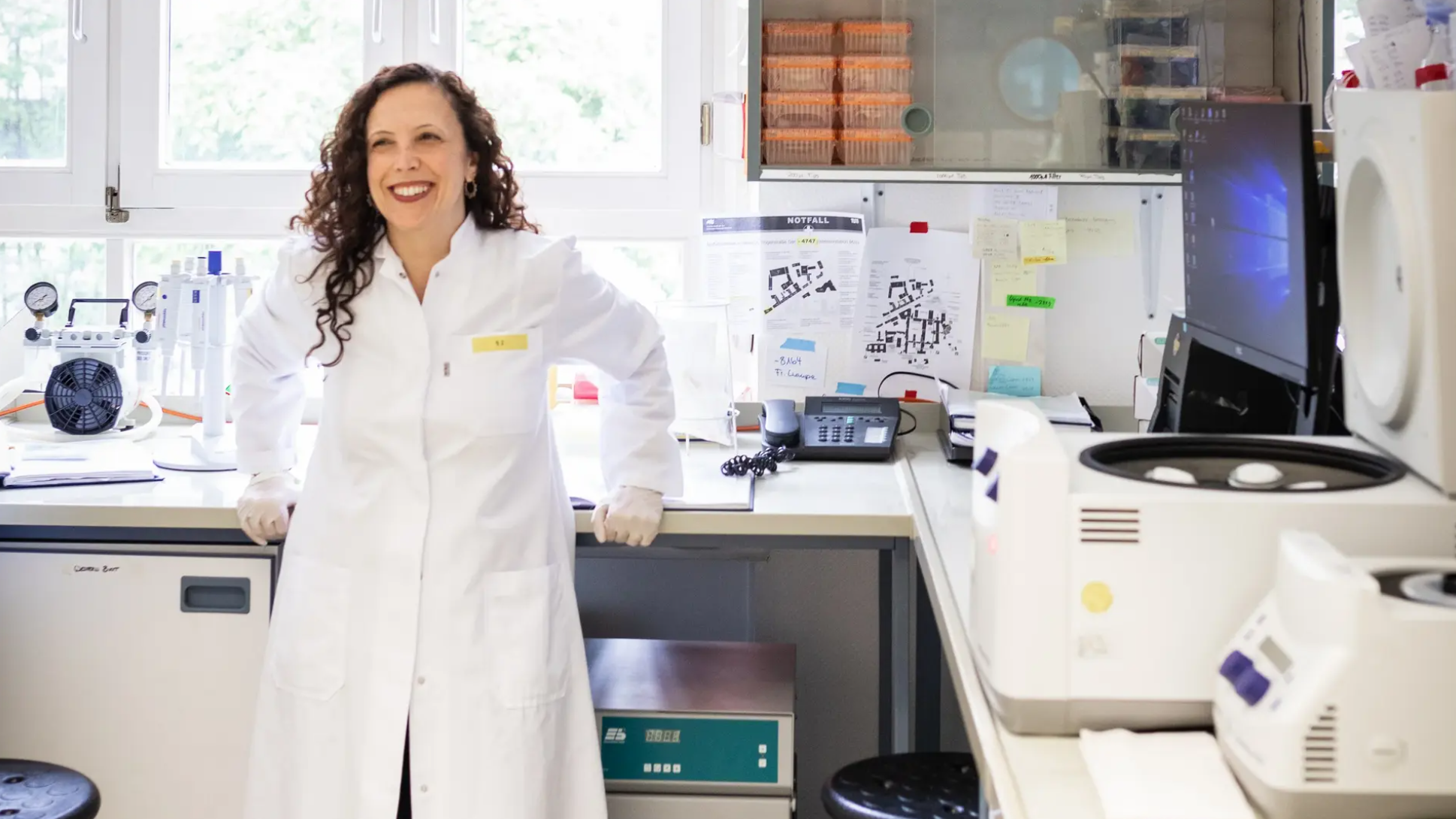With a Humboldt Professorship to Universität Heidelberg

International research prize goes to immunologist Jan Rehwinkel as nominated by Ruperto Carola
In order to boost the research field of immunology as a key biomedical discipline at Heidelberg University, Prof. Dr Jan Rehwinkel is receiving a Humboldt Professorship worth five million euros. Leading international academics are granted such a professorship to encourage them to conduct long-term, cutting-edge research at German universities. The professorship is awarded by the Alexander von Humboldt Foundation and financed by the Federal Ministry of Research, Technology and Space. At the Institute for Immunology of the Medical Faculty Heidelberg, Prof. Rehwinkel will, in collaboration with the Heidelberg life sciences, work on mechanisms of immune response activation. The goal is to decode the responses to infection, and to non-infectious damage to cells and tissues, on the molecular level and use the findings for therapeutic applications. At present, the immunologist, whom Ruperto Carola nominated for this most valuable international research prize in Germany, is working at the Weatherall Institute of Molecular Medicine at the University of Oxford (United Kingdom); there he heads the research group for nucleic acid sensing.

Prof. Rehwinkel’s research is at the interface of immunology, virology and molecular biology. In the context of viral infections, the scientist is studying a number of proteins that serve as molecular “antennas”. Through the immune receptors of the innate immune system, cells detect that they have been attacked and infected. Prof. Rehwinkel is investigating the question of how these sensors activate the body’s immune system when a virus invades the body. Since cells sense infection, inter alia, through identifying unusual nucleic acids, one focus of his work is on detecting modified or foreign RNA and DNA. Jan Rehwinkel studies the signaling pathways activated by nucleic acid sensing and investigates how these signals are transmitted to nearby cells with the help of cytokines and so-called immunotransmitters. Prof. Rehwinkel’s team also does research into the processes that prevent excessive activation of these signals and thus a misregulation of the immune system. A better understanding of nucleic acid detection may help in developing new antiviral strategies, explaining mechanisms of autoimmune diseases, and providing starting points for innovative cancer therapies that manipulate the immune responses to tumors in a targeted manner.
With Jan Rehwinkel, Ruperto Carola wants to gain a scientist for the Heidelberg location who is recognized in the scientific community as a top-level representative of his research field. Besides the outstanding scientific qualifications of candidates for a Humboldt Professorship, a crucial factor is the strategy of the universities, which are expected to offer the researchers and their teams lasting prospects in Germany. By appointing Jan Rehwinkel, Heidelberg University and its Medical Faculty Heidelberg aim to supplement the broad expertise of Heidelberg life sciences in the fields of cellular immunology, engineering of molecular systems, molecular materials sciences and systems biology by the biochemistry of innate immunity. That is also intended to link up with research in the field of synthetic immunology, which is carried out in the new SynthImmune Cluster of Excellence. Prof. Rehwinkel’s work will open up new, complementary perspectives for reinforcing vaccine development, infection control and cancer immunotherapy, which are to be rapidly translated into clinical applications in close cooperation between basic research and translational research.
Jan Rehwinkel studied biology at Heidelberg University where he also earned his doctorate in 2007. For his doctoral thesis on issues connected with RNA biology he pursued research at the European Molecular Biology Laboratory (EMBL) in Heidelberg. As a postdoctoral researcher he concentrated on exploring what role nucleic acids play in innate immunity and how RNA viruses are detected by sensors in the innate immune system. After research positions in Heidelberg and London (UK) the scientist in 2012 accepted a professorship in innate immunology at the University of Oxford, where he set up his own research group.
International academics who have a leading position worldwide in their field can be nominated for the Alexander von Humboldt Professorship. The intention is that – with the support of the highly endowed prize – their research studies can make a sustainable contribution to the international competitiveness of Germany as a research location. The prize money is meant for financing the first five years of their work. Up to ten professorships can be granted annually. After successful appointment negotiations with the respective universities, the prizes will be awarded next year.




